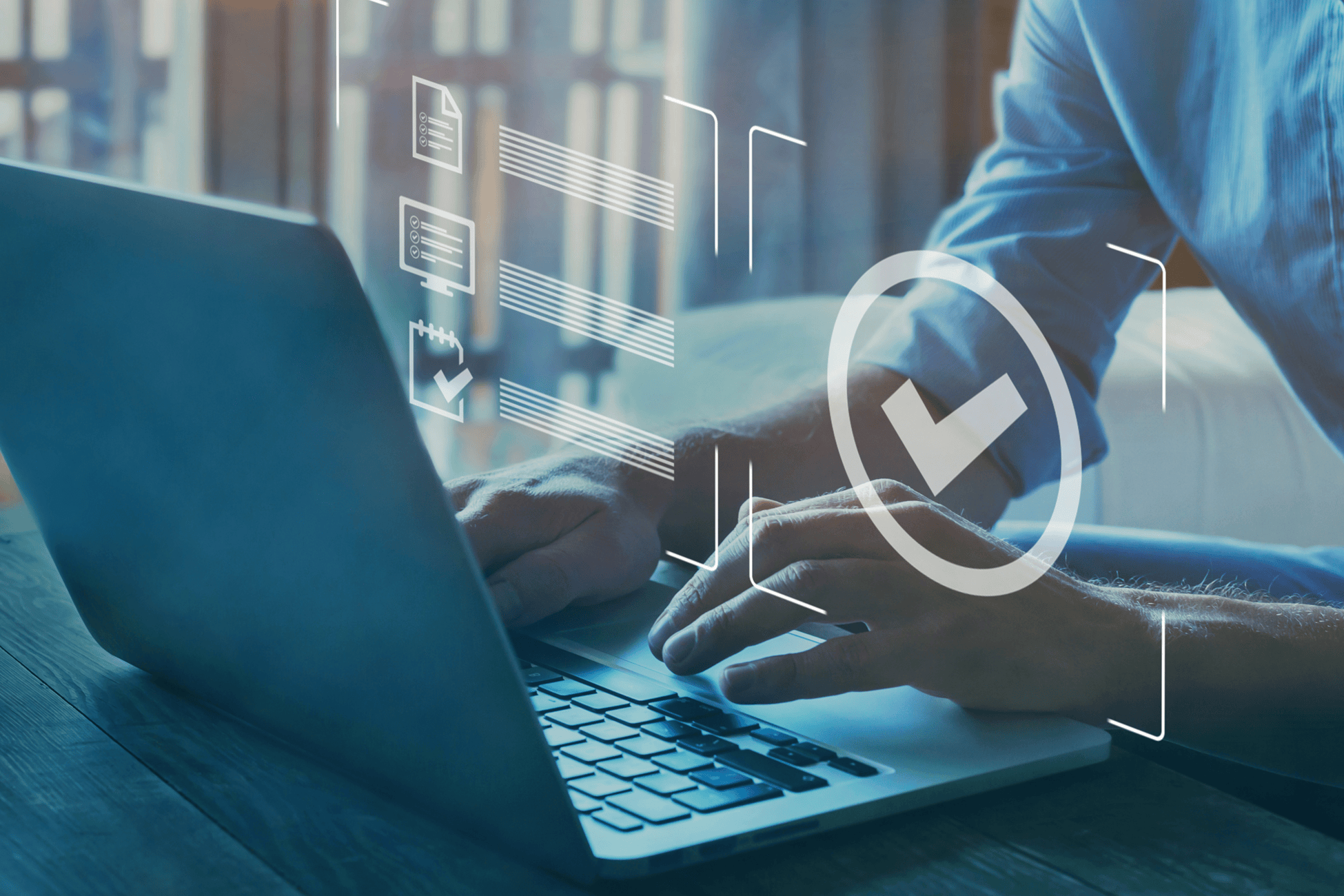
Cybersecurity Hygiene
Daily Practices for Every Digital Citizen

In the digital age, maintaining cybersecurity hygiene is as essential as locking your doors at night. For individuals and organizations alike, the daily management of digital information is critical in safeguarding against cyber threats. Here’s a straightforward guide to enhancing your cybersecurity practices daily.
Robust Password Management
The first line of defense in digital security is your password. Implementing strong, unique passwords for different accounts is crucial. Avoid common mistakes such as using easily guessable passwords (like "123456" or "password") or reusing the same password across multiple sites. Tools like password managers can help generate and store complex passwords securely, ensuring that you don’t have to remember each one.
Enable Multi-Factor Authentication (MFA)
Whenever possible, enable Multi-Factor Authentication. MFA adds an extra layer of protection by requiring two or more verification methods to gain access to your online accounts — something you know (a password), something you have (a smartphone app to approve authentication requests), or something you are (biometrics such as fingerprints or facial recognition).
Regular Software Updates
Keeping your software updated is a non-negotiable practice in cybersecurity hygiene. Whether it’s your operating system, applications, or antivirus software, ensure that you regularly update them to protect against known vulnerabilities and exploits. Most modern software can be set to update automatically, removing the need to manually track the latest versions.
Be Wary of Phishing Attacks
Phishing attacks are a common method used by cybercriminals to extract sensitive information through deceptive emails and websites. Always verify the authenticity of requests for private information, especially those that solicit login credentials or personal data. Remember, reputable organizations will never ask for sensitive information via email.
Secure Your Mobile Devices
As mobile devices become more integrated into our professional and personal lives, securing them has become imperative. This includes installing security apps, using a passcode or biometric lock, and being cautious about the apps you download. Only install applications from trusted sources, and pay attention to the permissions that apps request.
Utilize Secure Connections
Avoid using public Wi-Fi for accessing sensitive information. If you must use a public network, ensure that you connect through a Virtual Private Network (VPN), which encrypts your internet traffic and protects your data from eavesdroppers.
Educate Yourself and Others
Staying informed about the latest cybersecurity threats and practices is vital. Regularly educate yourself and your team or family about new scams and security protocols. Cybersecurity is a shared responsibility, and awareness is the key to preventing breaches.
Implementing these daily cybersecurity practices can significantly reduce your risk of becoming a victim of cyber attacks. Remember, in the world of cybersecurity, prevention is always better than cure. By taking proactive steps today, you can fortify your digital life against the ever-evolving landscape of cyber threats.

Simon Hunt | Chief Product Officer at Reveald Inc.
Cybersecurity leader with vast contributions to the industry including multiple patents, leadership within startups and Fortune 500 companies, and over a dozen successful M&A transactions. Excelling in product, innovation, user experience, and development leadership while fostering collaborative teams. Simon's mission: Stop cybercriminals from getting rich.
The force multiplier for security teams.
Welcome to the new age of predictive cybersecurity.
Leverage the power of AI to discover and prioritize cybersecurity risks, vulnerabilities and misconfigurations across your entire environment

